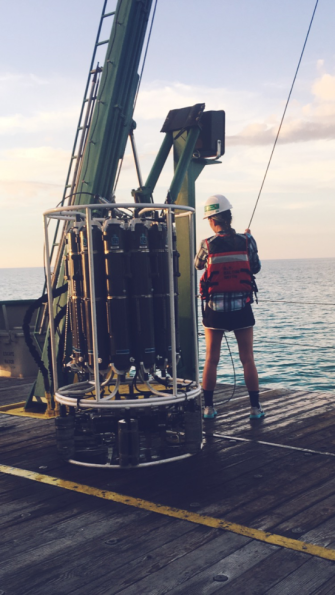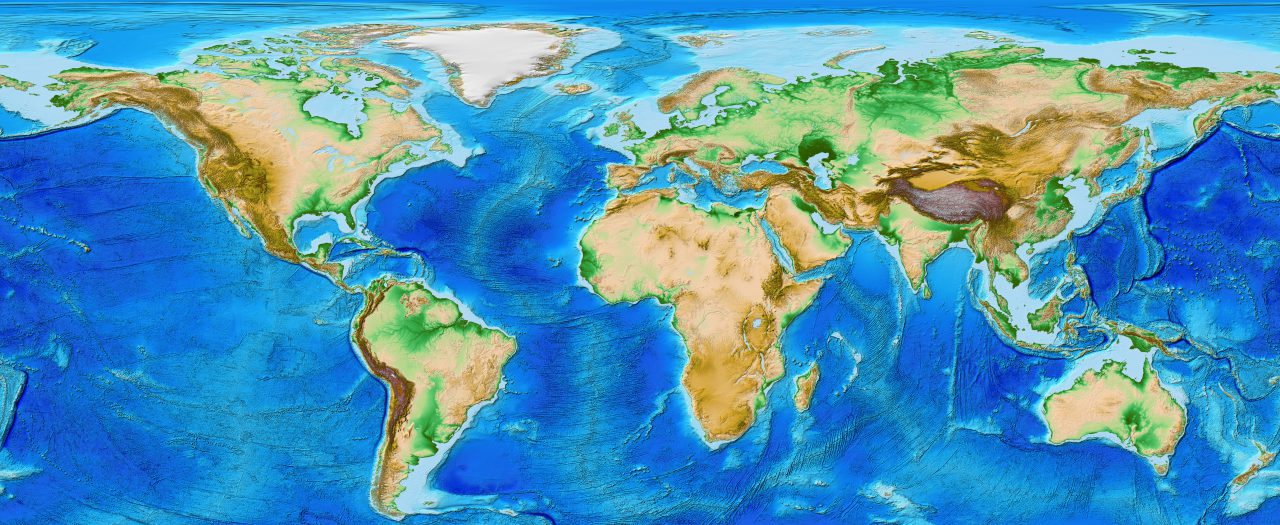Graduate student, University of Miami RSMAS, Department of Marine Biology and Ecology

Bio: My name is Leah and I hail from Maryland, but I have spent the past 5 years living in Miami, FL! I have been pursing my dream of being an oceanographer since the age of 4, and its safe to say that I’m surely living the dream! I graduated the University of Miami with degrees in Marine Science, Chemistry, and Meteorology, and I currently work in the Ocean Chemistry Division at NOAA AOML. This research cruise will be my third time working at sea. I enjoy studying all realms of oceanography, more specifically ocean-atmosphere dynamics and both physical and chemical oceanography, and how these factors contribute to understanding the global climate system. I love traveling, being outdoors, adventuring, and doing cool science! I really enjoy working at sea, and I am thrilled to be granted this opportunity to work alongside fellow scientists from NOAA and other institutions for a common goal. I have been involved in some interesting field campaigns prior to this cruise; I’ve sailed both the Gulf of Mexico and across the South Pacific assessing chemical and physical parameters of ocean currents, in 2015 I had the opportunity to work in the Arctic studying the summer ice melt season, and now I currently work in a coral lab focusing on the ramifications of ocean acidification. I am looking forward to what this cruise has to offer; good data and good times are in store!
What I’m doing on this cruise: Myself and another tech will be analyzing the dissolved oxygen content present within water samples taken from various depths along the IO7 cruise line in the Indian Ocean to understand the availability of oxygen within the water column due to biological activity and other factors. As this cruise is repeated on the decadal time scale, it will be interesting to see how oxygen levels have changed over time. Oxygen is essential to life, therefore it is critical to measure oxygen within the water to assess the productivity of the region, and how food chains can be supported and maintained for ecosystems and fisheries. Dissolved oxygen measurements also help to aid in the understanding of oceanic circulation and overturning, especially in open ocean studies such as this one!

